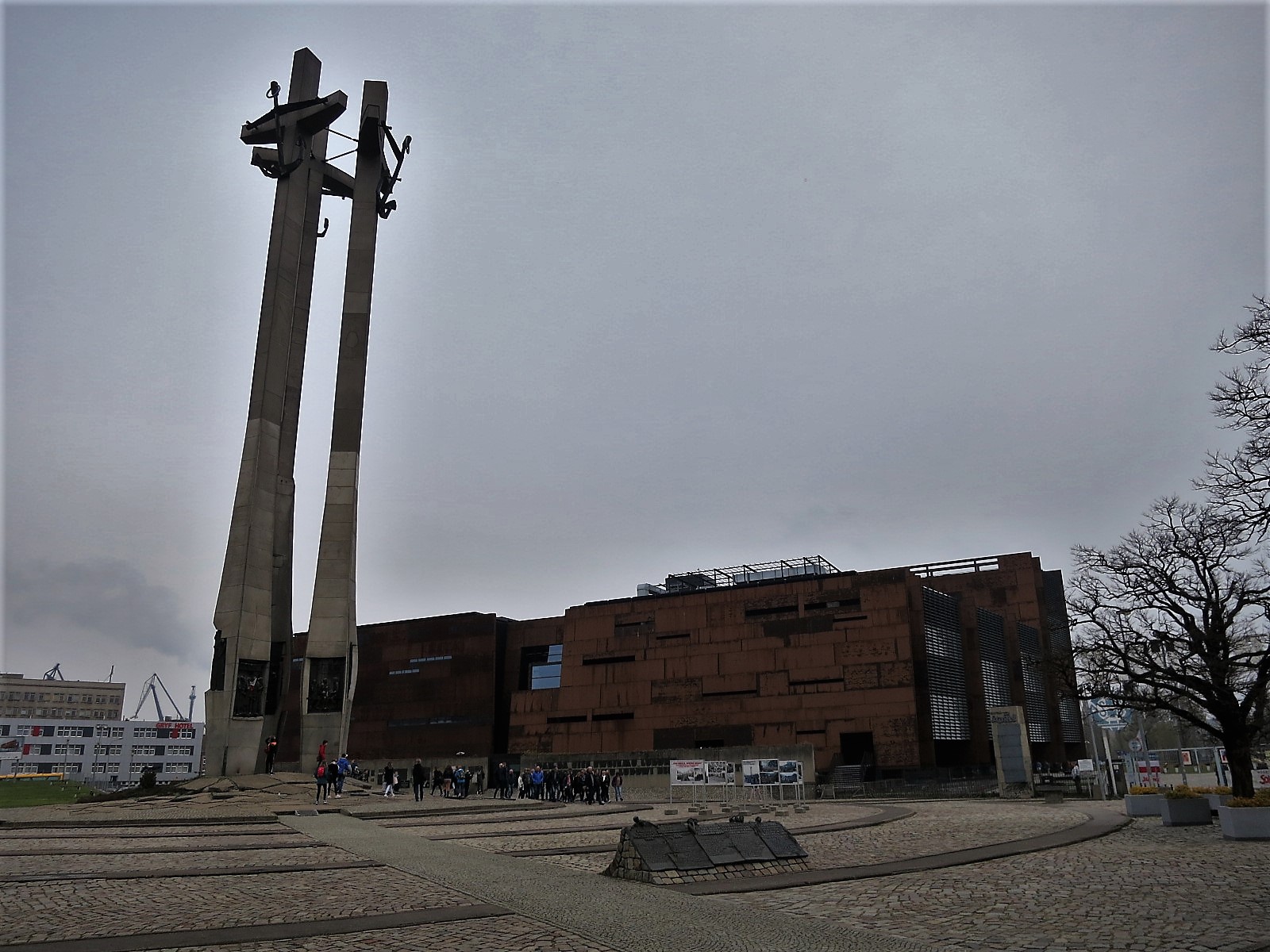Film Notations have been recorder and archived by European Solidarity Centre (ECS) in Gdansk since 2008. The collection consists of first-hand testimonies of "Solidarity" movement founders and leaders, democratic opposition activists, and creators of independent culture in socialist Poland of 1970s and 1980s. Since the narratives are biographical, interviewees talk not only about the moments of historical changes they witnessed, but also about everyday life problems in socialism. At the moment there are over 1100 film notations in the collection, but ECS is still recording them in several Polish cities and abroad.
The idea of creating and storing film notations was linked to the European Solidarity Centre’s mission to preserve the memory of Polish democratic movement. In addition to that, notations are also conducted with creators of culture: film-makers, writers, painters, graphic designers, photographers, etc. Notations’ goal is to maintain the point of view represented by the participants of events leading to democratic changes. Direct motivation to start the project of notations, came also from the apprehension that the inexorable passage of time may preclude first-hand descriptions of the events of 1970s and 1980s – which proved to be true with passing away of many of the narrators of already recorded materials.
Film notations of ECS are inextricably associated with Anna Mydlarska – a translator, filmmaker, documentalist and Solidarity’s collaborator since 1981. She has been the Head of the Department of Film Documentation since its creation in 2008. It was her idea to focus on a biographical perspective and thanks to that notations offer more than an insight to the "Solidarity" movement beginnings and the ways of fighting the socialism: interviewees talk also about their problems, losses, dreams, and hopes.
Interviews with political and social activists give vivid and sometimes very emotional and detailed descriptions of illegal actions, secret meetings, persecutions, and arrests. Narrators describe fear during underground actions and euphoria after every little victory over socialist regime. They describe what "Solidarity" movement meant to them and their relationship with other opposition members. Dissident activity may be also read from the interviews with creators of culture and intellectuals. In the 1980s they became a source of trouble for the regime, as most art productions became politically engaged – especially during the martial law. In notations creators talk about oppression and obstructions, and describe organising illegal exhibitions (in churches and private flats), reproductions, and publications.
Some of the collection’s notations contribute to the permanent exhibition in the European Solidarity Centre’s museum. Institution is also eager to share its resources, which are used by other cultural institutions, researchers, journalists, cultural animators, and school teachers. Collection’s content served as the basis for several scientific publications and press articles. Some interviews were used in numerous documentaries and movies showed in Polish television and on international film festivals (ECS itself made over 40 document films). ECS’s “Mediateka” has in its disposal well-equipped screening rooms which are used by researchers during queries and school groups during educational projects. Moreover, many notations are available on-line on YouTube.

